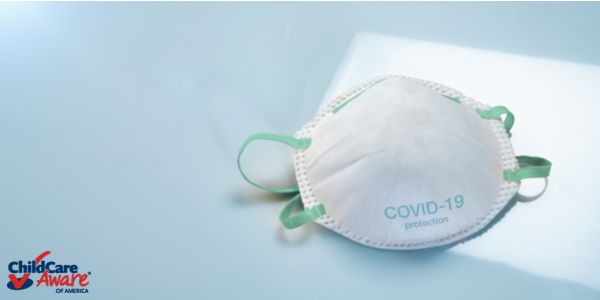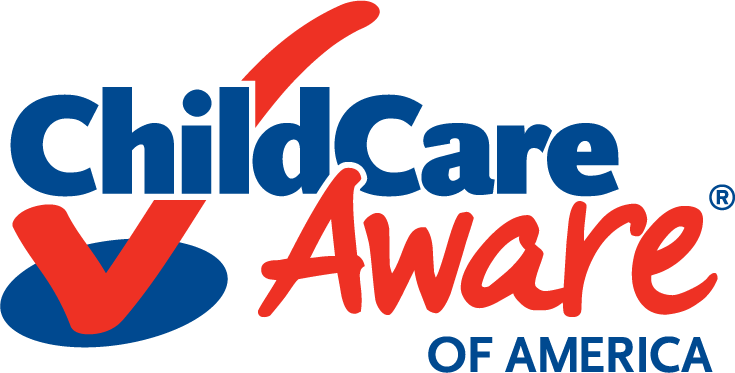
Once again, we are in the midst of another wave of COVID-19 with the emergence of the Omicron variant, which is significantly impacting child care programs and the children and families they serve. Child Care Aware® of America is working to monitor the situation and hope the information below is helpful for communities as they continue to manage this most recent surge of cases.
What We Know About Omicron
So far, the Omicron variant seems to have more mild symptoms than other variants. However, it is much more easily transmitted, so we have seen an incredible increase in cases, including among children. Even among those who are fully vaccinated, there has been an increase in cases. Most severe cases are among individuals who are not vaccinated.
What We Know About Infection Control
Layered prevention efforts continue to be the best strategy for reducing the risk of COVID-19 transmission. This includes being up to date on your vaccine, disinfection, ventilation and mask wearing. Recent research has shown that mask wearing is associated with reduced risk of child care program closure due to COVID-19.
What We Know About Testing
We know that the federal government has enhanced efforts to increase access to testing. However, the youngest children cannot use most rapid tests as they are designed for individuals over age 2. Further, we know that accessing tests has been a challenge to child care providers as efforts rely on programs to secure and distribute tests with little support.
What We Know About Vaccines
We know that vaccines are the best way to prevent severe illness. Child care providers are vaccinated at rates much higher than the general adult population. We also know that children under 5 do not have access to the vaccine right now (although current projections are that one will be available by the end of February). Being up to date on vaccines (meaning a person has received all recommended COVID-19 vaccines including any booster dose when eligible) protects child care providers as well as the children who cannot be vaccinated.
We also know that flu vaccines are important to ensure staff and children avoid contracting the flu and COVID-19 at the same time.
What We Know About COVID-19 Treatment
We know that there have recently been additional COVID-19 treatments authorized by the FDA. These are antiviral medications available for those at the highest risk for severe illness, but access is limited. Unfortunately, for those who contract COVID-19, the monoclonal antibodies that were effective with previous strains of the virus are no longer effective. The best way to avoid severe illness remains vaccination along with other layered prevention.
What We Know About Recent CDC Guidance
On January 28, the CDC updated guidance for child care with updates to vaccine recommendations and isolation and quarantine for individuals who have or have been exposed to COVID-19. This guidance states that isolation and quarantine periods can be reduced to five days for people who can consistently wear well-fitting masks, as long as they remain symptom-free, or fever has ended and symptoms have improved. This means that children under 2 and others who cannot wear a well-fitting mask consistently should adhere to previous recommendations to quarantine or isolate for 10 days.
We Know We Can Help: COVID-19 Mitigation Checklist
The National Association of County and City Health Officials (NACCHO), in partnership with Child Care Aware of America and with funding from CDC, developed a COVID-19 checklist to support child care programs in providing a healthy and safe environment for providers, children and families during the pandemic. View the full COVID-19 Checklist for ECE programs here.
CCAoA continues to work with CCR&Rs, child care providers, families and partners to address the COVID-19 pandemic. If you have any questions, please reach out at learnmore@usa.childcareaware.org
Resources:
CDC Early Childhood Education & Child Care Programs Guidance





